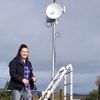Althea FAQ
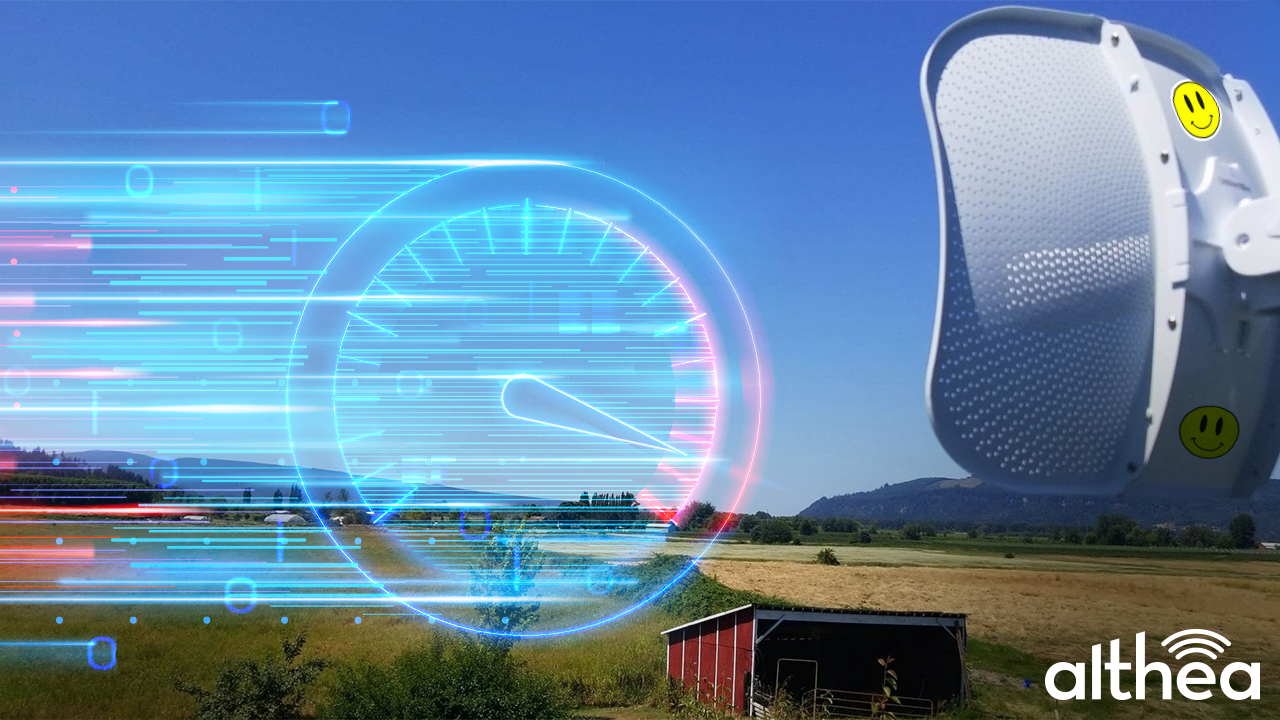
Althea: Frequently Asked Questions
The FAQ for you
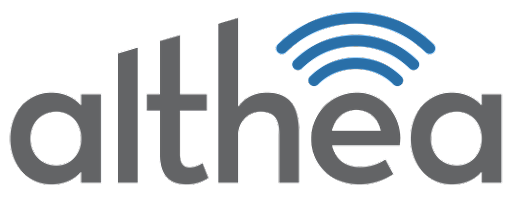
We are excited to begin preparations for the Althea blockchain launch! The Althea blockchain is the future of telecommunications and consumer financial services. Creating a decentralized, secure, and reliable platform for Althea’s pay-per-forward bandwidth market.
What is Althea?
Why does Althea have a blockchain?
Do I need to know about or own crypto-currency to use Althea?
How does Althea currently operate?
How will Althea operate in the future?
How does the end user experience Althea Internet?
Why is Althea better than x, y and z?
How can I participate in the Althea Network?
Who is Hawk Networks?
How can I get involved in the Althea community?
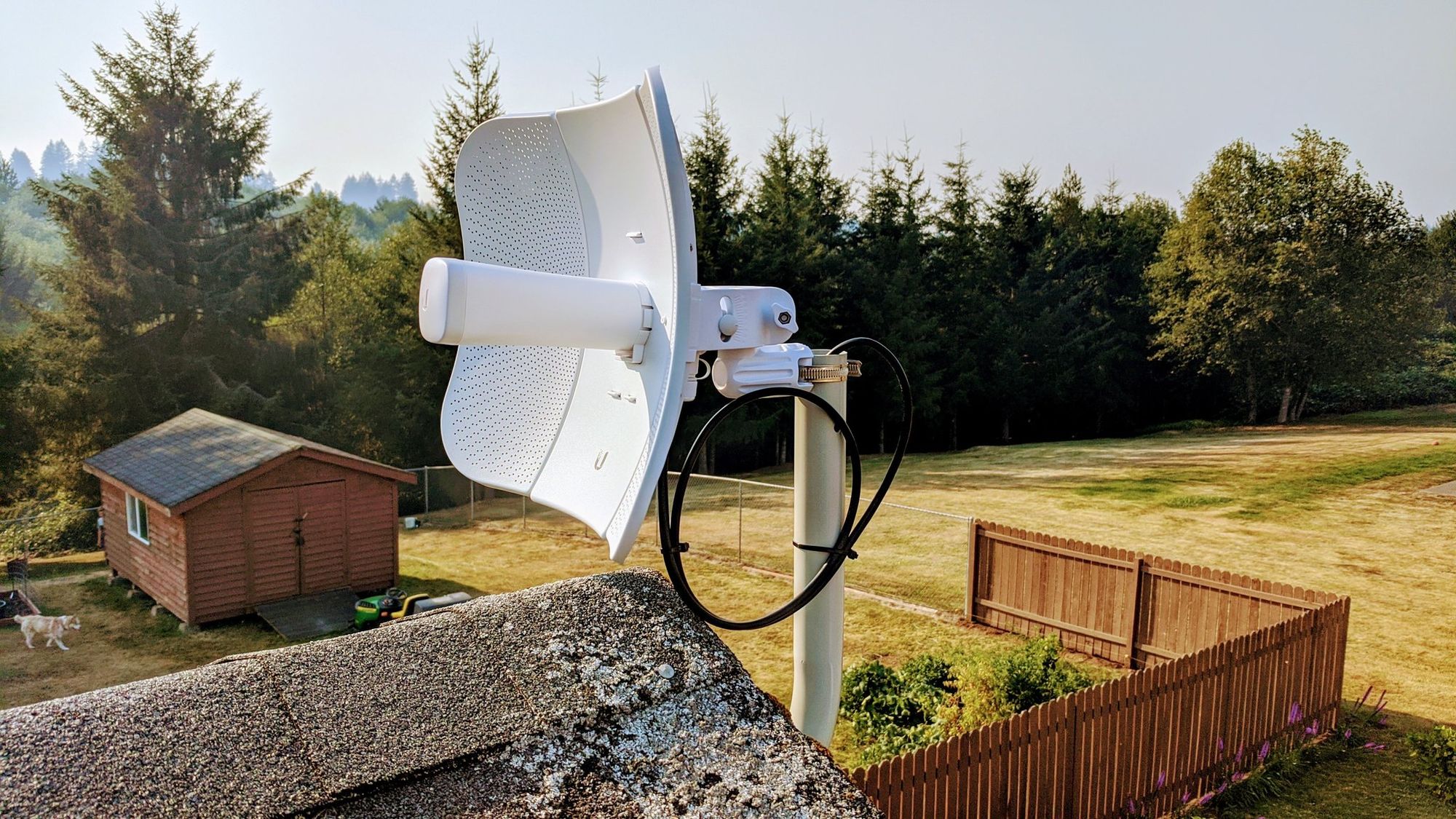
Althea is an Internet Service Provider (ISP) platform and blockchain that enables the coordination of multi-stakeholder networks. Althea decouples the service and infrastructure layers of Internet delivery, and coordinates transparent and programmatic revenue sharing.
Using Althea’s platform, networks can be built faster and more economically than ever before.
Althea’s flexible payment structure opens new markets and supports new entrants into the market, by enabling them to capitalize on underutilized bandwidth and real estate.
Why does Althea have a blockchain?
Last mile telecom infrastructure is siloed behind restrictive contracts and agreements that preclude an open bandwidth market. However, at deeper layers of the internet, bandwidth is sold between carriers as a metered commodity. Althea creates an open marketplace: from the data center down to the last mile of internet access. Althea D-LTE (distributed LTE) will allow seamless carrier roaming, without cumbersome roaming agreements, directly to the device in your pocket.
This open telecom marketplace allows for both new entrants and existing carriers to interoperate and earn revenue. Althea’s multi-stakeholder model solves the friction of accessing revenue from rural, low income, emerging markets, and the complexity of capex and coordination of infrastructure build outs, including 5G and fiber.
The Althea blockchain is secured by a distributed network of token holders and validators that process transactions. By contrast, centralized payment solutions require permissioned coordination, and are often restricted by bespoke regulation or restrictions.
Similar to how the internet has allowed for global, open e-commerce, industry and trade—this borderless, robust and resilient payment layer will open new markets and increase revenue for a diverse group of participants.
Althea’s telecom blockchain will also open DeFi functionality to telecom carriers and users with Gravity, the Ethereum to Cosmos Bridge, where they can seamlessly leverage the liquidity of their networks for additional investment strategies. Because Althea is built using the Cosmos SDK and with Gravity functionality, carriers can also interoperate easily with other Cosmos blockchains using IBC (inter blockchain communication).
Do I need to know about or own cryptocurrency to use Althea?
Althea is easy for anyone to use, even if they don’t know about cryptocurrency. Althea features an intuitive payment portal to add or remove funds, and payments within the network use stable coins, so the value doesn’t fluctuate. A text message alerts users when their balance is low and users can add more funds using the onboard payment system and a debit card.
Althea participants who earn revenue for forwarding bandwidth or maintaining the network automatically receive payments to their router wallet.
How does Althea currently operate?
Althea’s novel pay-per-forward model operates on the xDai blockchain, representing 70% of xDai’s microtransaction volume over the last year (as of January, 2021). Althea routers seamlessly bridge payments in Ethereum and Dai to the xDai platform.
How will Althea operate in the future?
A typical Althea user will use a payment portal to add funds to their account. These will be transparently converted to Dai and, using Althea’s cross-chain Gravity Bridge, will be sent to the Althea blockchain. The Althea blockchain will be secured by a distributed network of token holders and validators that process transactions.
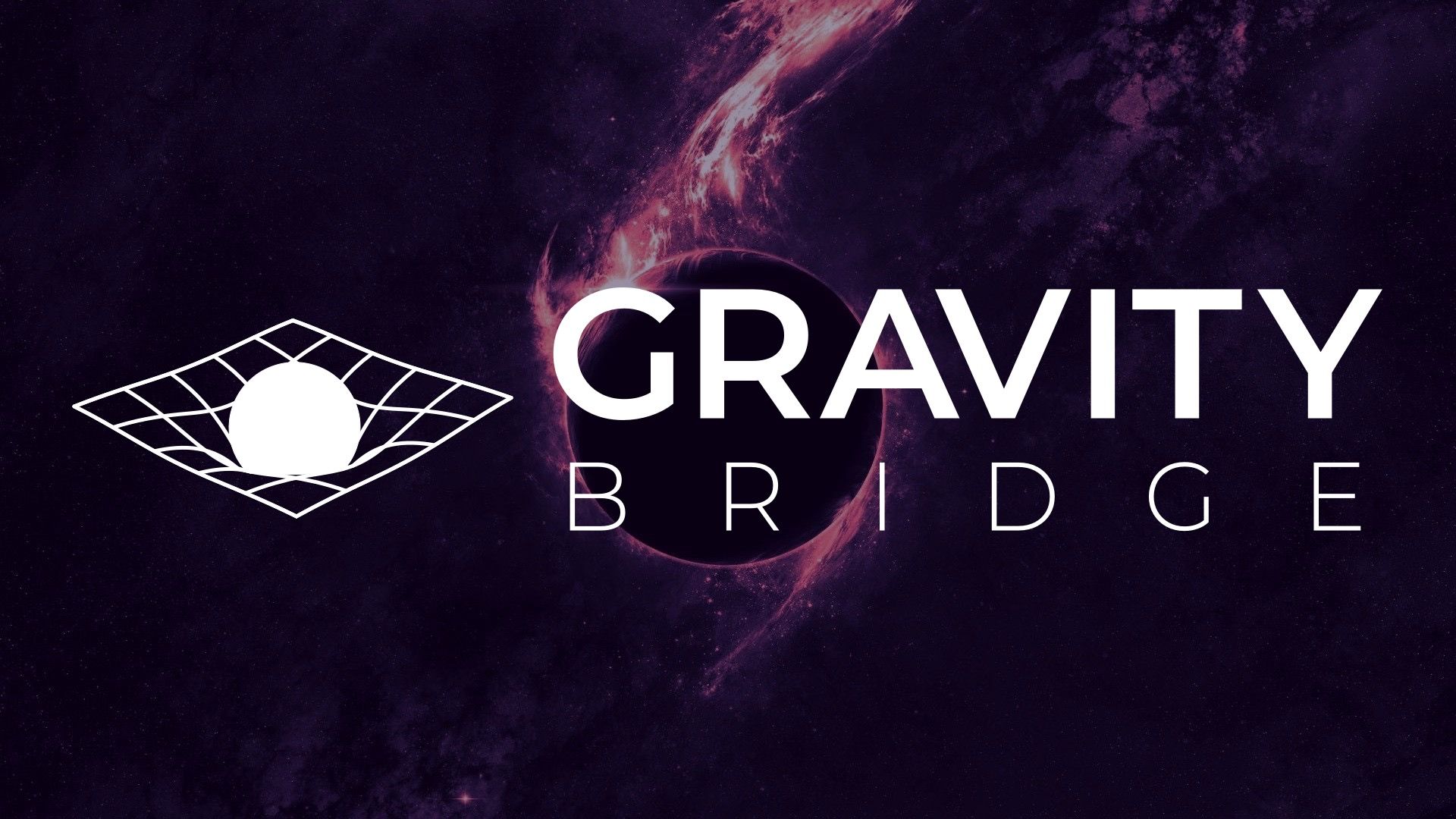
How does the end user experience Althea Internet?
Quickly, easily and seamlessly. Althea’s network delivers high-speed broadband to the end user, and Althea’s upcoming distributed LTE service brings seamless carrier roaming to your mobile phone and smart devices, without cumbersome roaming agreements.
How does Althea improve on services provided by traditional ISPs?
- Structured as a smart contract on a blockchain, Althea’s innovative model for internet delivery decouples the service layer of the network from the underlying infrastructure, enabling investment into fiber networks in unique and sustainable ways.
- Althea’s pay-per-forward protocol allows a radical new approach to coordinating payments with bandwidth and network routing. This method is radical in its simplicity and efficient enough for near limitless scalability.
- Althea's pre-paid model and always-on Free Tier enable flexible payments for any budget and enable broadband access for more people.
- Hardware agnostic, Althea's platform can be utilized with fiber, LTE, and fixed wireless, enabling networks to grow and carriers to capture markets that were difficult to access.
How can I participate in the Althea Network?
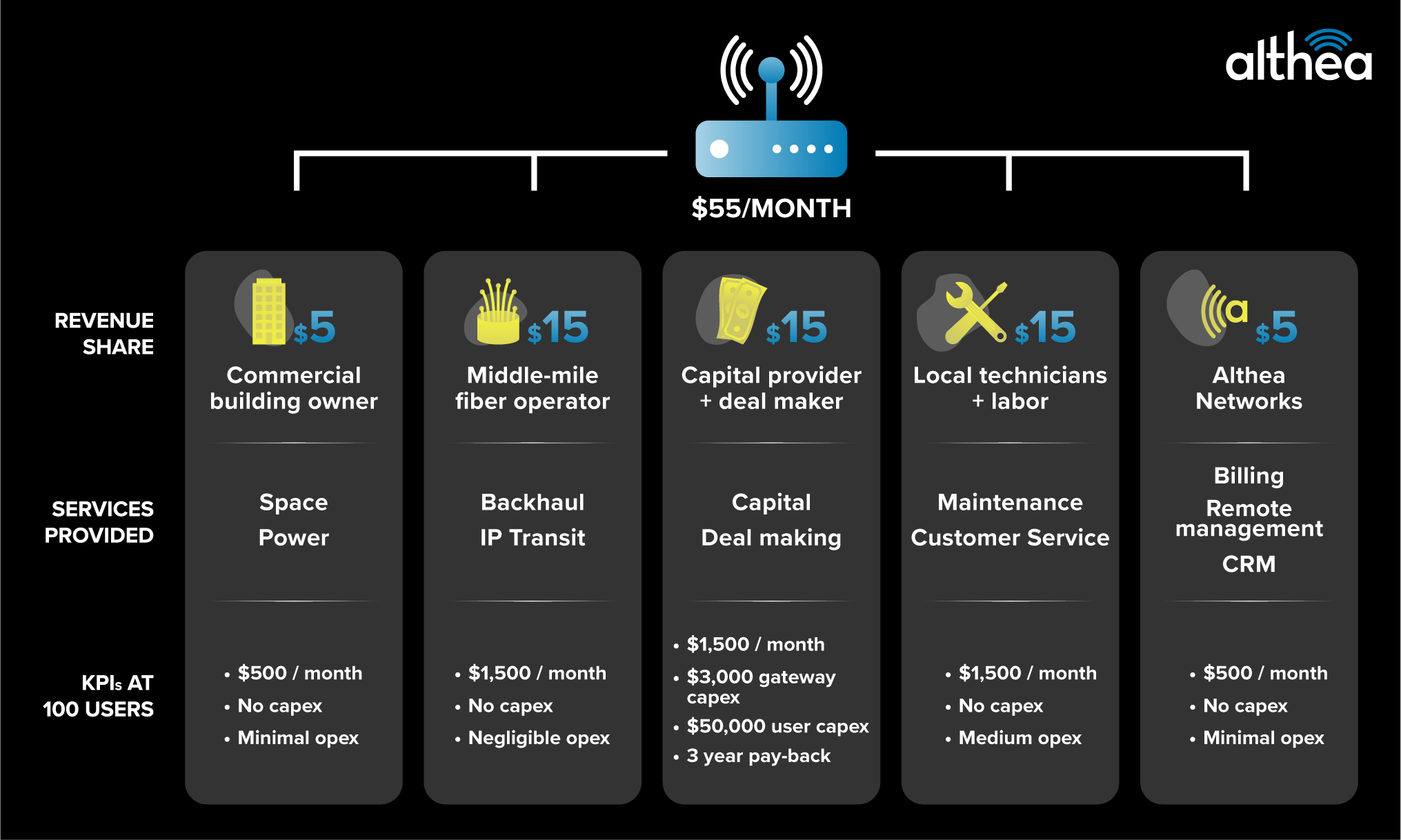
There are four roles in an Althea network:
- Bandwidth provider: Bandwidth providers play a passive role by running an Althea Node. They purchase a wholesale internet connection or serve as a middle mile provider and connect to an Althea Network.
- Relay: Providing real estate and an Althea node which forwards bandwidth.
- Network operator: A network operator gets paid for supporting and installing users (on a daily "uptime" basis) from live routers in the network. This role is supported by the Network Operations Center. (OSHA approved picture of installer)
- Network Operations Center: A Network Operations Center (NOC) is run by companies who support the operators with technical support, logistics and planning. Currently Althea’s parent corporation Hawk Networks is the primary NOC, but we anticipate an ecosystem to grow.**
Hawk Networks Inc., is a Delaware corporation that has built the open source core, blockchain bridges and supporting software for Althea. Hawk Networks ensures that its development is supported and that end users can reliably use the system.
Hawk Networks also operates a Network Operations Center, NOC, that supports the build of new internet networks and forms strategically aligned partnerships.
While Hawk Networks is the first NOC, other NOCs will form to support additional networks, and large carriers will utilize the underlying protocol and blockchain as well.
How can I get involved in the Althea community?
If you’re feeling social and would like to come chat with us and the rest of the Althea community, you can visit our or our Telegram (need invite link) or Discord channels.
If you'd like to read more, you might enjoy a visit to our blog. Feeling social? Find us on Facebook or Instagram. A little more visual? Visit our YouTube channel.
Link reference
Blog: blog.althea.net
Twitter: twitter.com/AltheaNetwork
Medium: medium.com/althea-mesh
FB: facebook.com/altheanetwork
Instagram: instagram.com/altheanet/
discord: discord.gg/hHx7HxcycF
Reddit: reddit.com/r/altheamesh/
Youtube: youtube.com/c/AltheaNet

